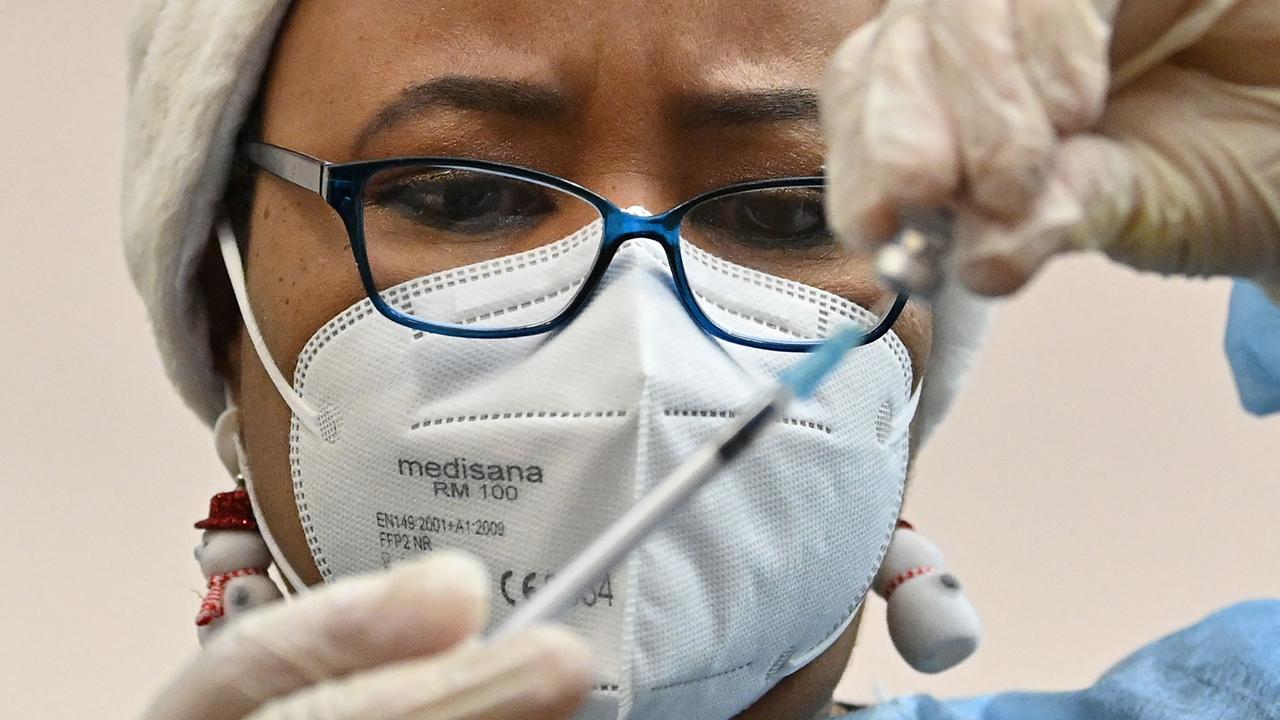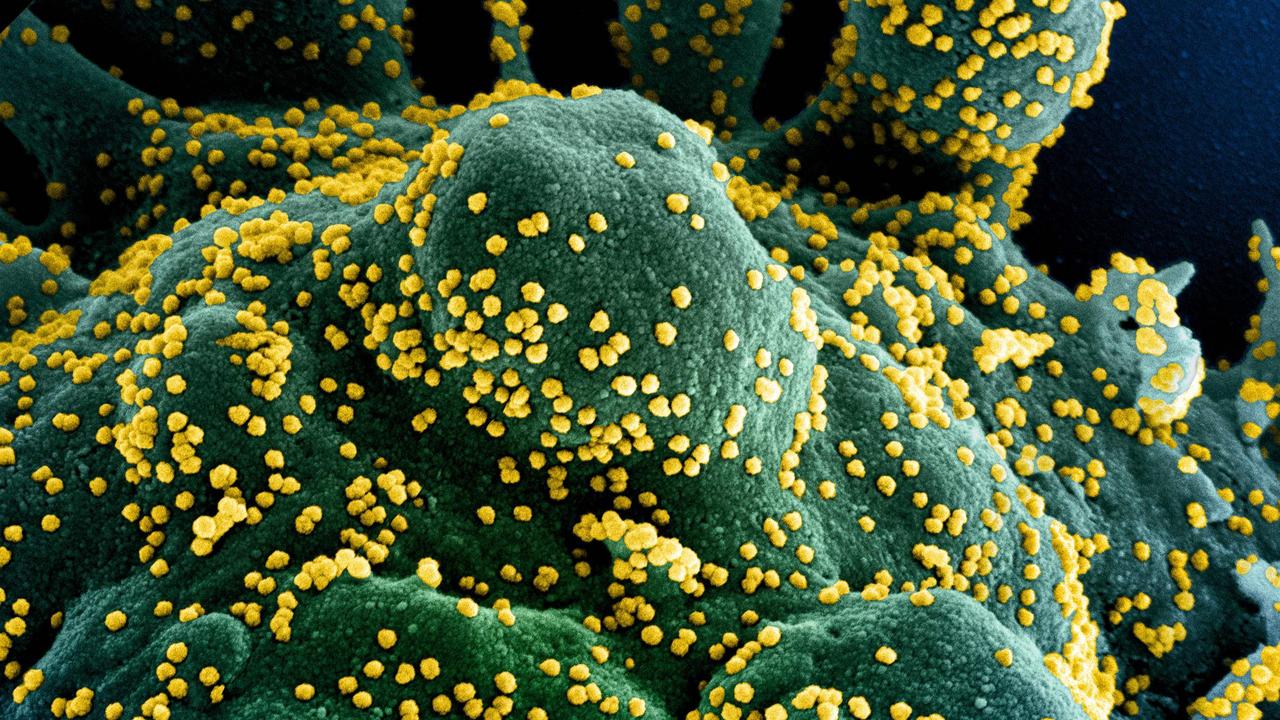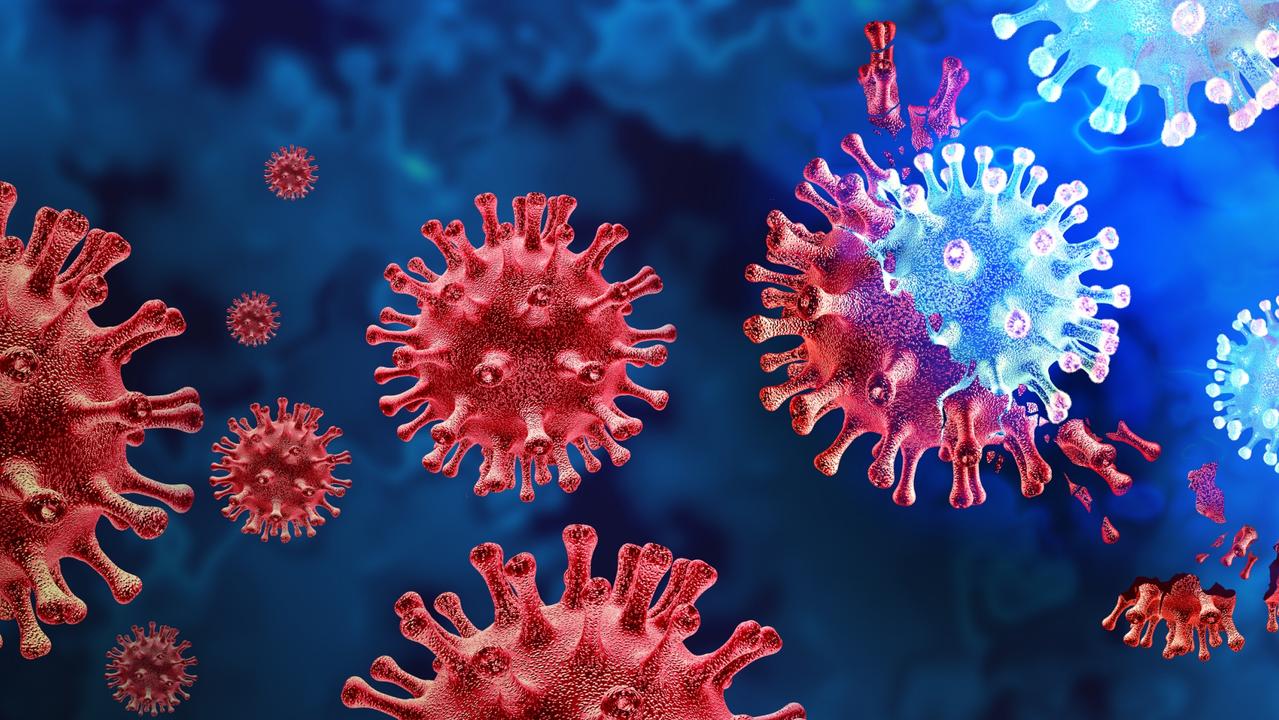Coronavirus: Restrictions on elective surgeries to be eased
From next week, restrictions on a number of elective surgeries will be eased. Here is a list of all the procedures that will recommence.
From next week restrictions that were placed on a number of elective surgeries due to the COVID-19 outbreak will be lifted.
Prime Minister Scott Morrison made the announcement during a press conference this afternoon following a National Cabinet meeting.
Mr Morrison said restrictions on all Category 2 or equivalent procedures in the private sector and selected Category 3 and other procedures would recommence on April 28, after the Anzac Day long weekend.
“This will not mean an immediate return to normal with elective surgery, but a gradual restart, subject to of course to capacity and other constraints that may exist in each jurisdiction,” the PM told reporters.
RELATED: Follow the latest coronavirus updates
RELATED: How to protect elderly, who are most at risk of death

The procedures that will be able to go ahead after the restrictions are lifted include:
•All IVF
•All screening programs where they have stopped
•Post cancer reconstruction procedures, such as breast reconstruction
•Dental procedures such as fitting dentures, braces, non-high-speed drilling and basic fillings
•All procedures for children under the age of 18
•All joint replacements including knees, hips, and shoulders
•All eye and cataract procedures
•Endoscopy and colonoscopy
This announcement comes after a ban was introduced a few weeks ago on most elective surgery, excluding anything categorised as necessary for life-threatening conditions.
Mr Morrison said the decision to ease this ban will lead to a reopening of about 25 per cent of activity in elective surgery across private and public hospitals.
These measures will be subject to review on May 11, with the government then determining if all restrictions on surgeries and procedures can be lifted.
“Priority will be given, with this reopening, on the basis of clinical determinations by the relevant health professionals and that will occur in both the public and private system,” Mr Morrison said.
“This is an important decision because it marks another step on the way back. There is a road back. There is a road ahead and the decisions that the National Cabinet has taken today is evidence of that.”

The PM said this easing of restrictions would not be possible if additional personal protective equipment (PPE) had not been secured and if the government didn’t have confidence in the slowing rate of new cases in the country.
“This is an indication to Australians that when we do keep staying ahead of this we can make
these changes and you can start heading back to where we would all like to be,” he said.
In terms of when other restrictions brought in to slow the spread of the virus may be eased
Health Minister Greg Hunt said the decision to allow more elective surgeries would make an “immense difference” to the quality of life for many Australians.
“It is a result of what Australians have done with containment, a result of what we have been able to do in assisting Australians with capacity and it is a very important day on the road back,” he said.
Chief Medical Officer Brendan Murphy said one of things that has concerned health professionals throughout the COVID-19 crisis is the lack of attention to non-coronavirus related health conditions.
Prof Murphy urged Australians to continue to seek medical help for chronic health conditions and to continue to get healthcare advice.
“The same applies to non-elective surgery. And it is incredibly important, some of it is life saving,” he said
“Some people are seriously disabled with hip and knee problems. Some people can’t see because of their cataracts, some people need surgery and have been waiting for it and this is an opportunity in a safe and controlled manner to slowly restart, cognisant of making the process safe, cognisant of getting the facilities up and running again, cognisant of the need to preserve our PPE, this is a gentle, careful start of normalising what is so important, the general healthcare needs of the community.”




